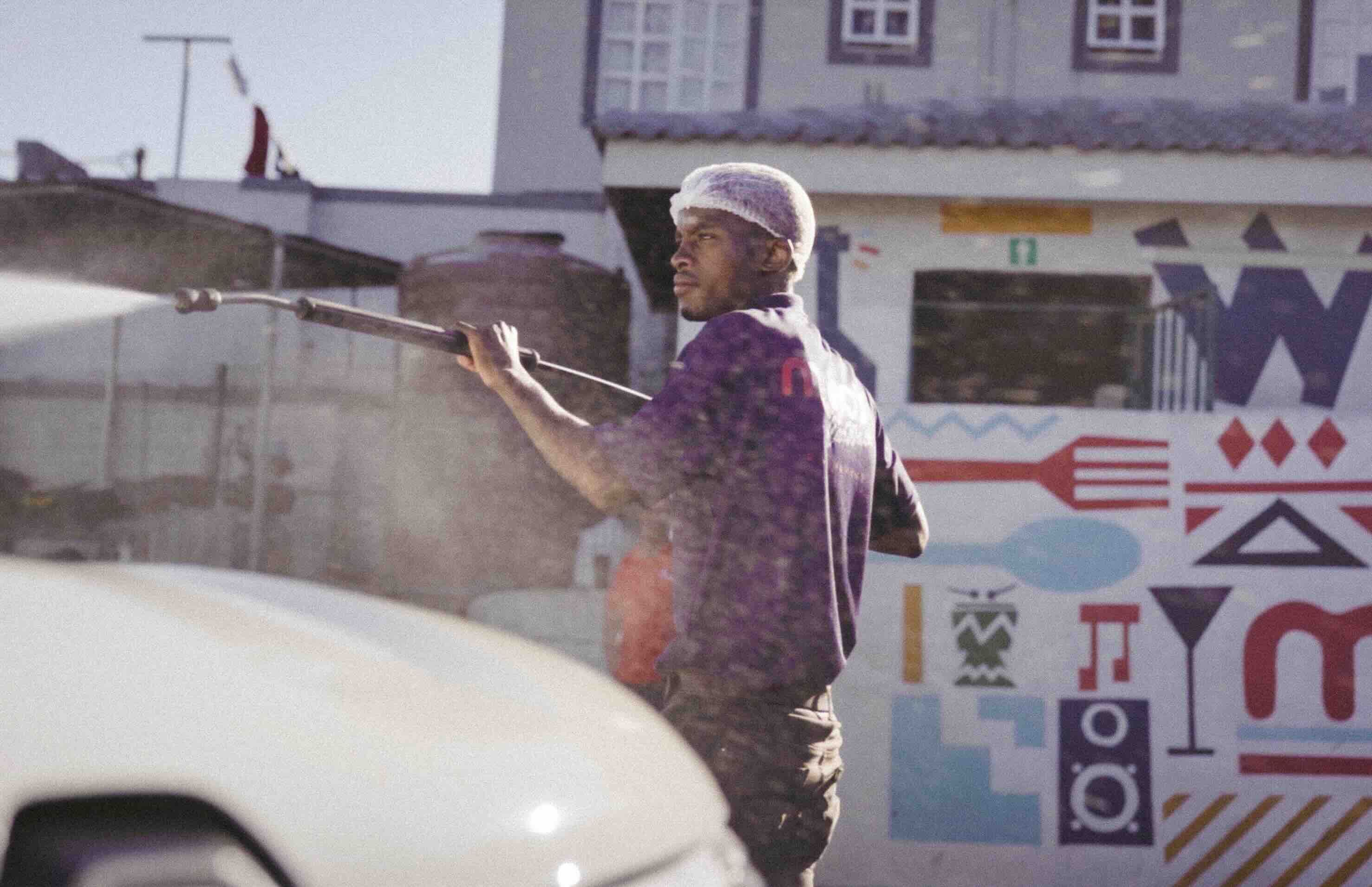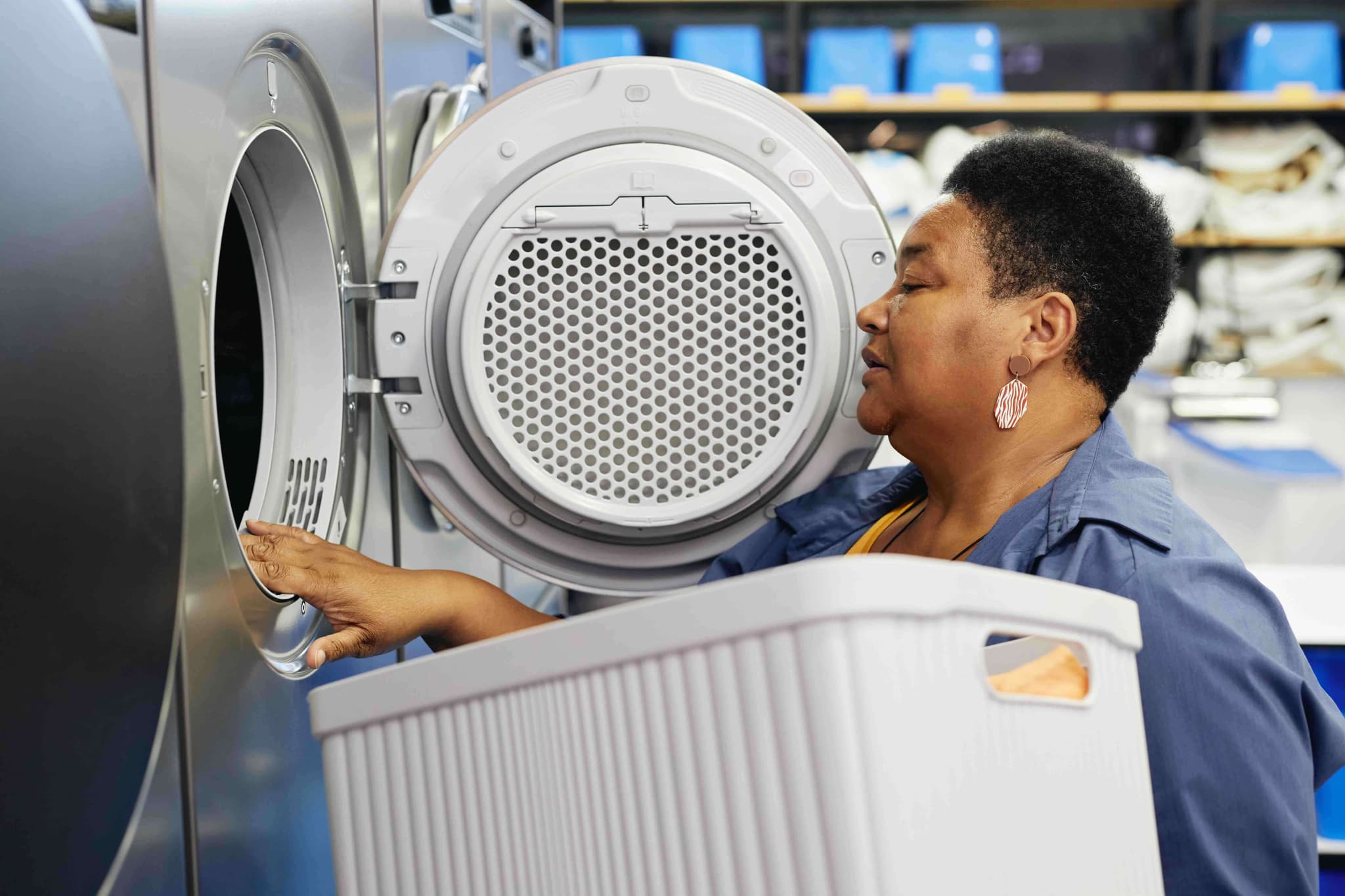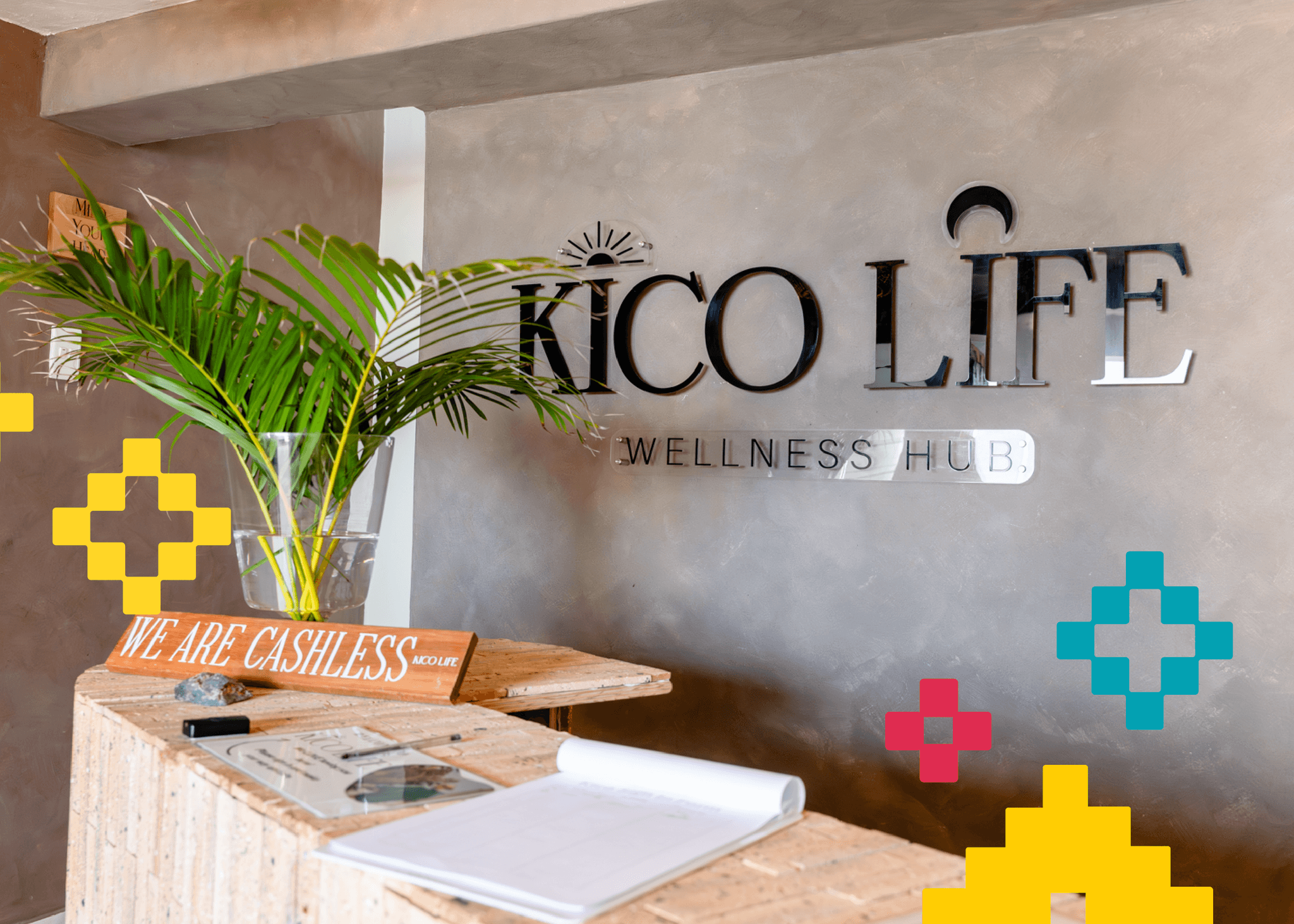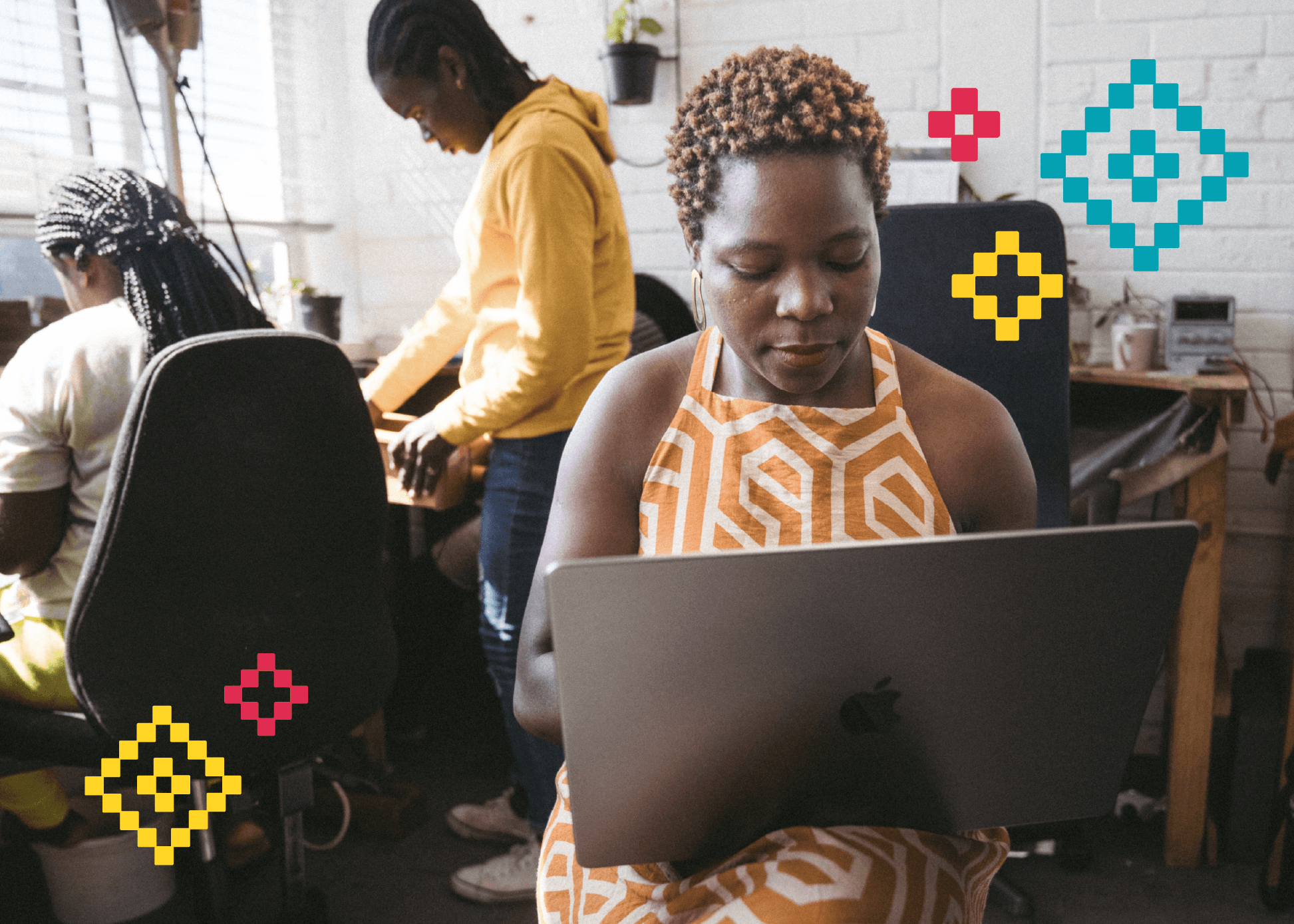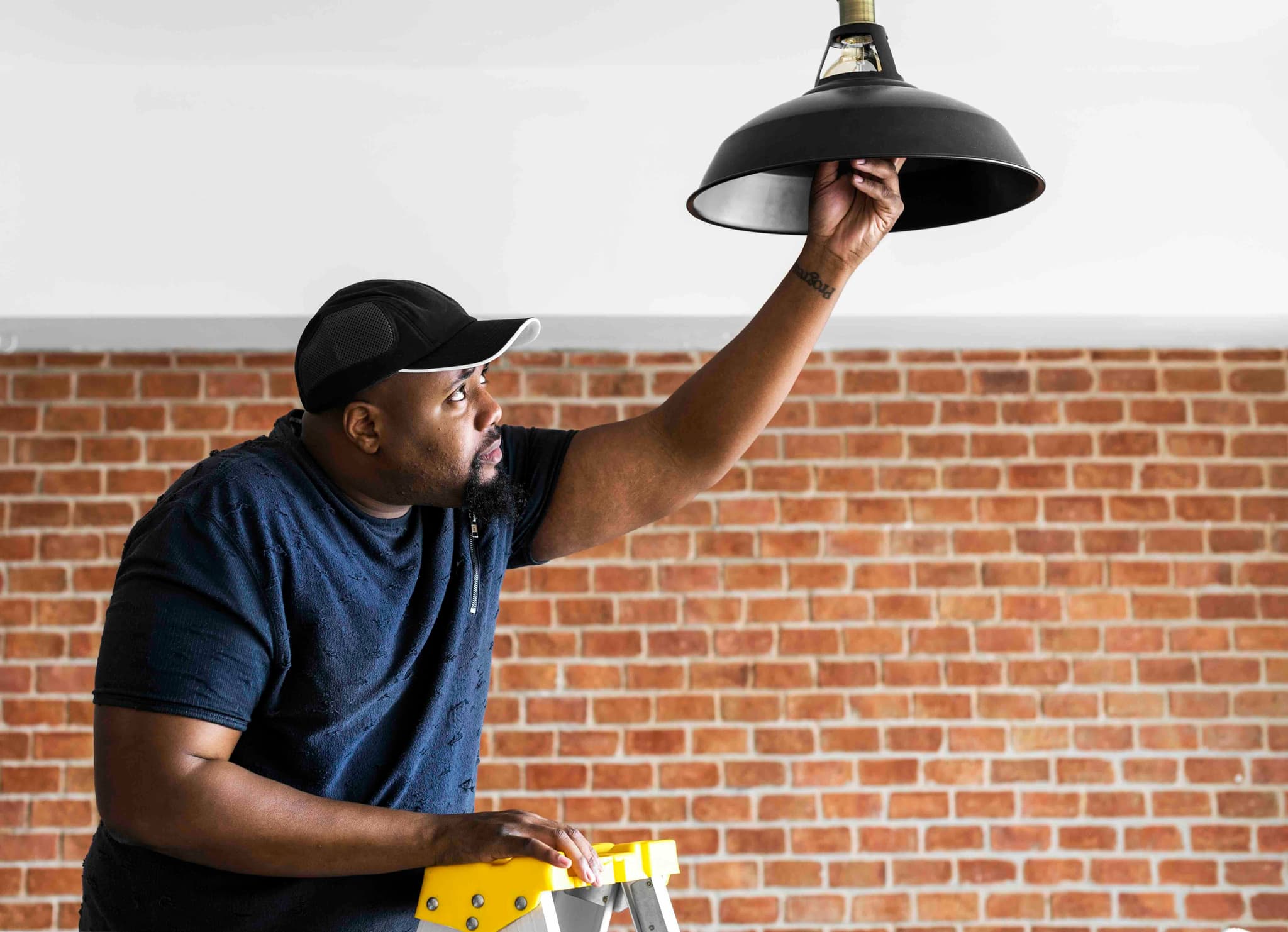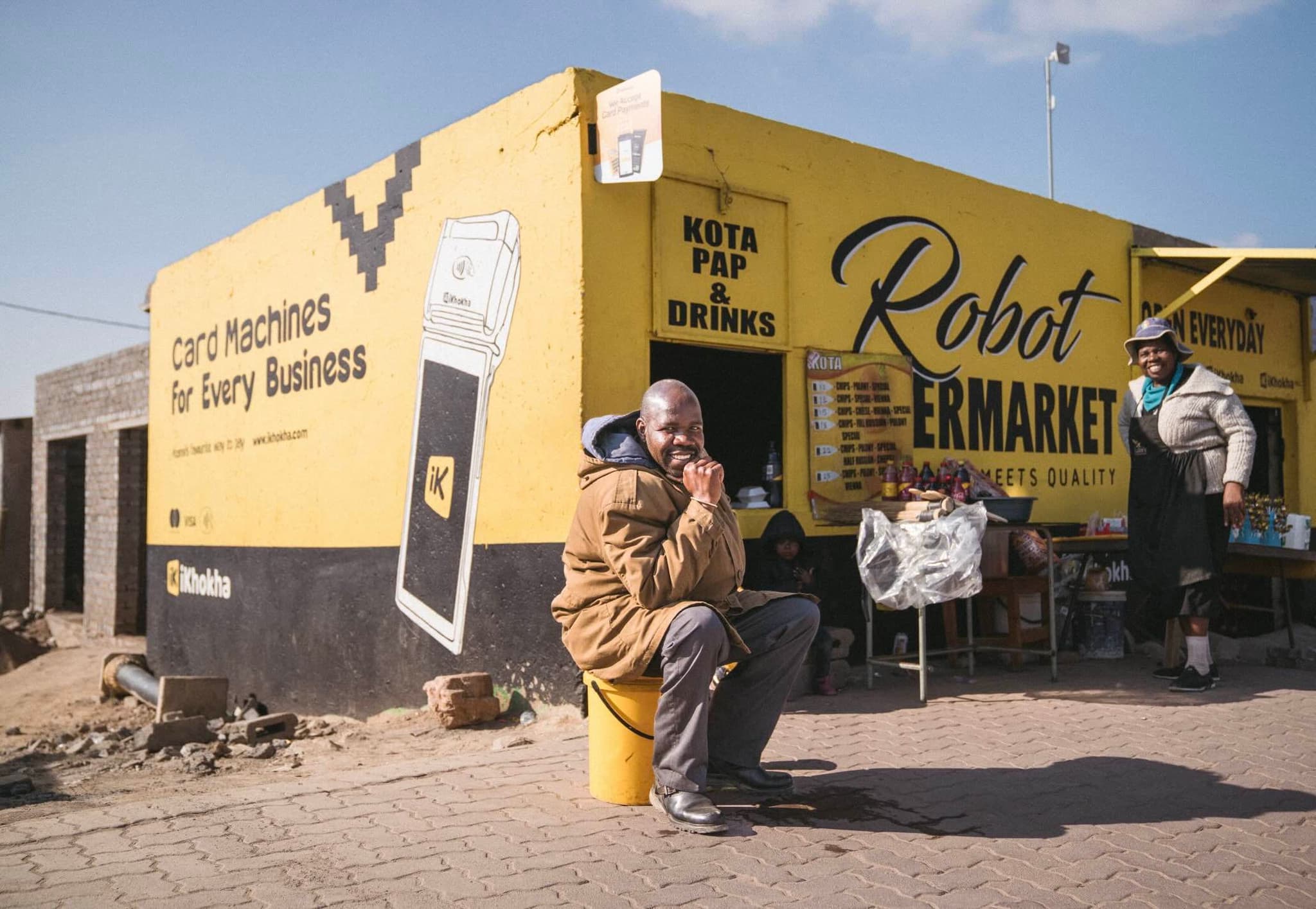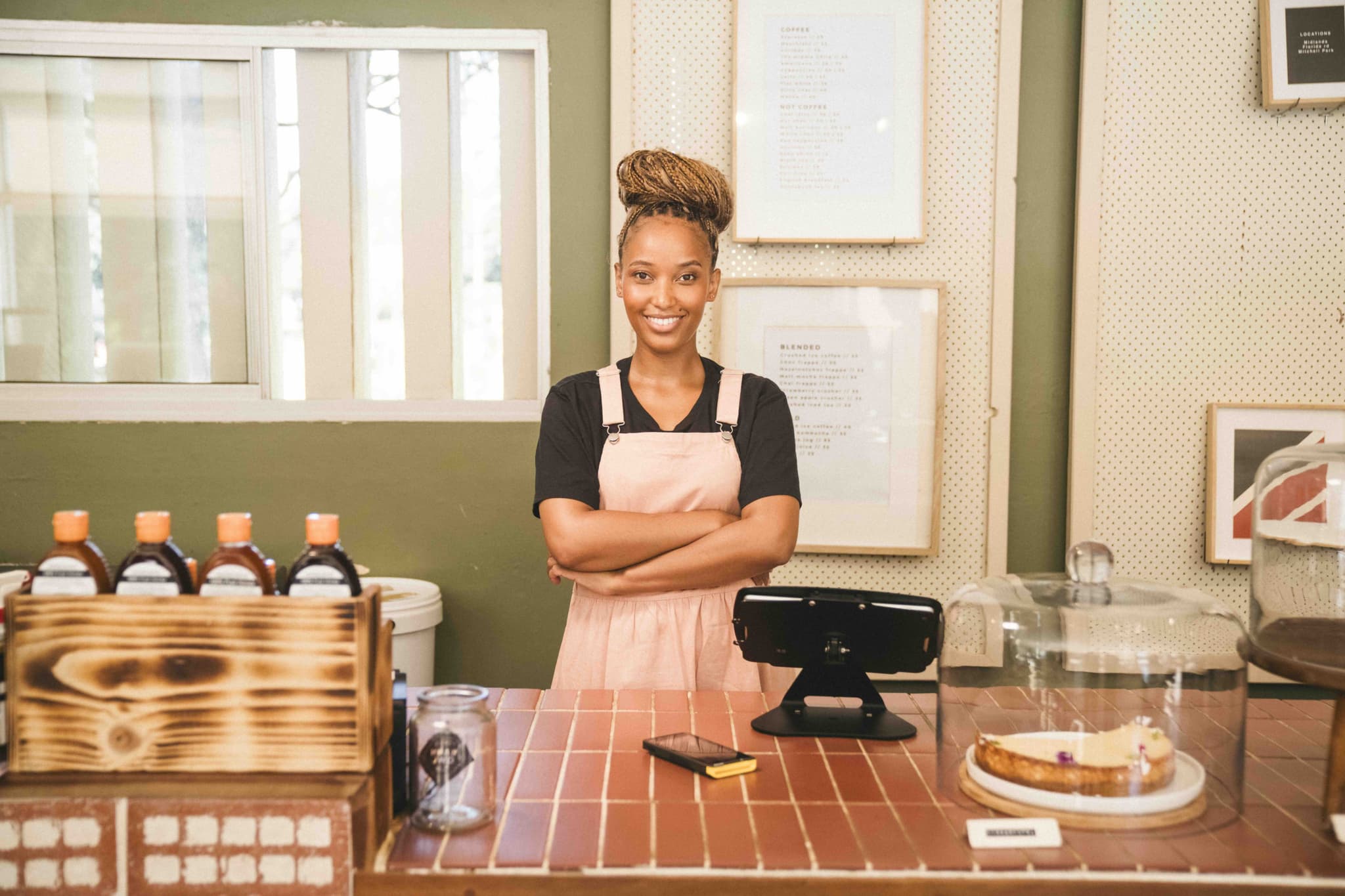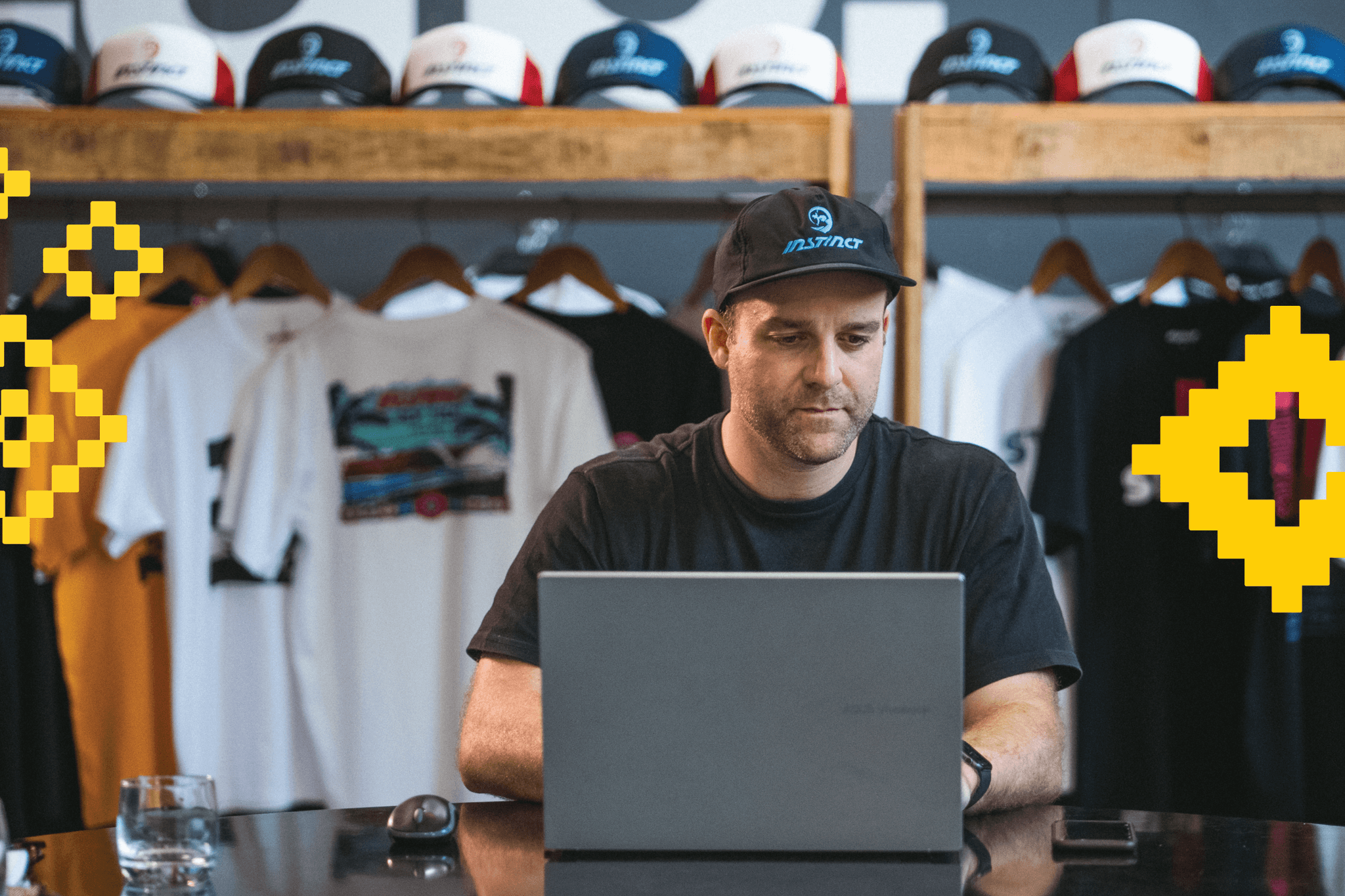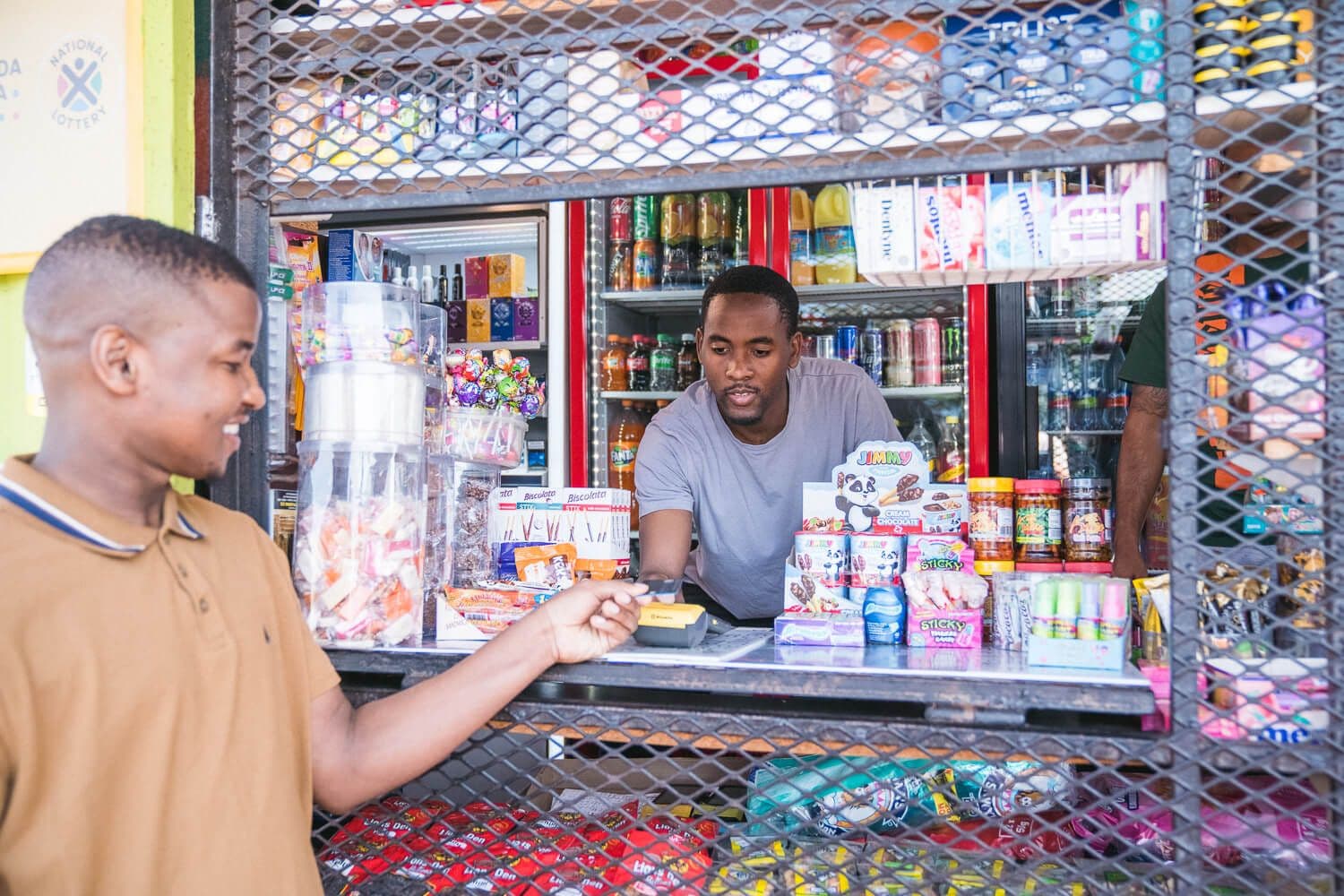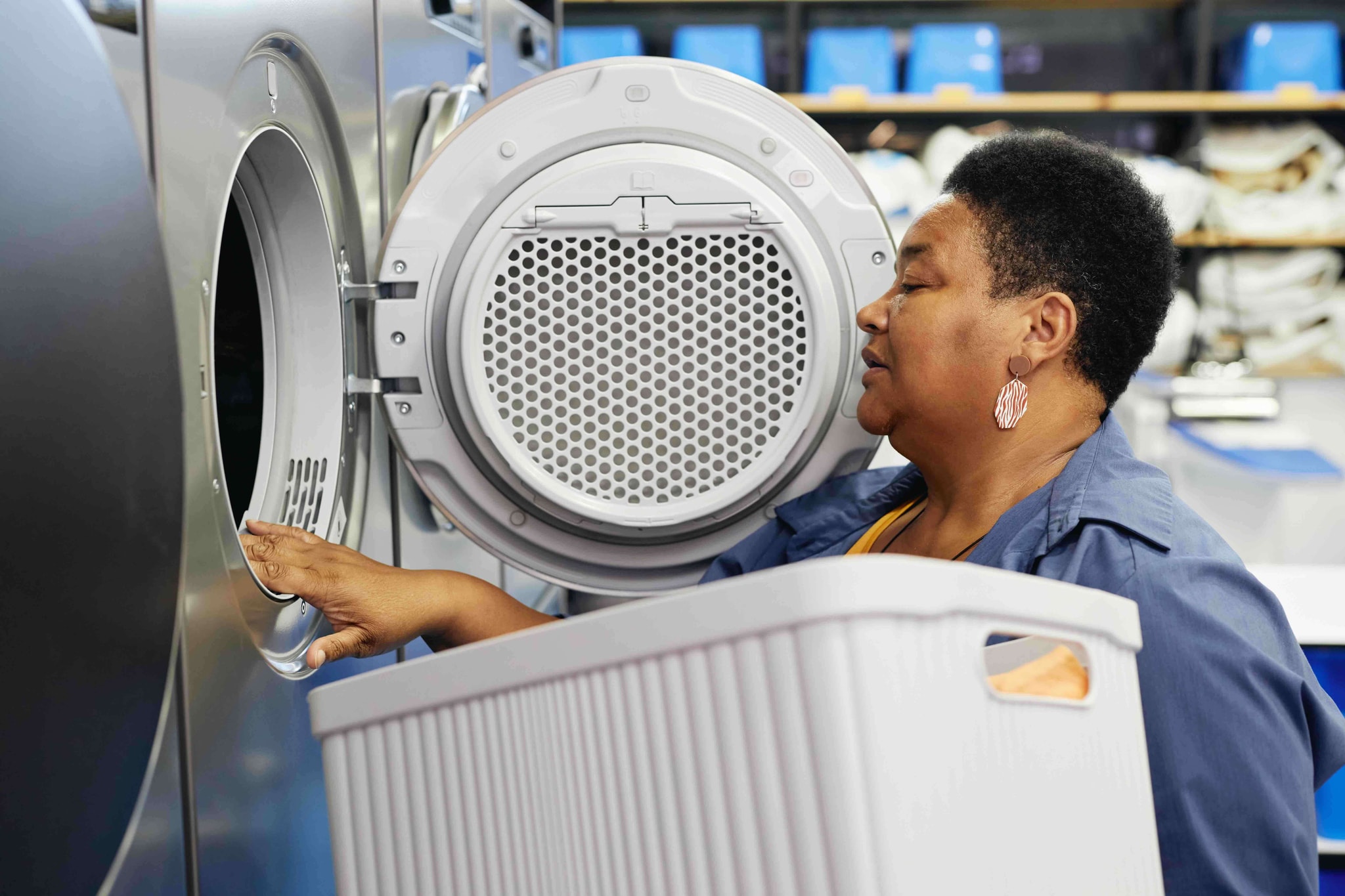
How to Start a Laundry Business in South Africa
Discover how to start a laundry business in South Africa. From home setups to laundromats, learn costs, equipment, and tips to grow with ease.
Table of Contents
- Introduction
- How the laundry business fits into South Africa
- Step 1: Decide where to start your laundry business
- Step 2: Register your business properly
- Step 3: Invest in the right equipment
- Step 4: Work out a pricing strategy
- Step 5: Make payments easy for your customers
- Step 6: Let people know about your business
- Step 7: Focus on service that builds loyalty
- Challenges to expect along the way
- Opportunities to grow your laundry business
- Final rinse: Ready to launch your laundry hustle
Laundry is one of those services people can’t live without. Students in res, parents juggling school uniforms and professionals working long hours, all need help with washing and ironing. That means demand is generally steady throughout the year, even during quieter economic periods.
Starting a laundry business is practical because you don’t need a massive upfront investment. You can begin at home with a single washing machine and grow over time. And as your customer base expands, you can add more machines, move into a bigger space, or even run a full laundromat.
How the laundry business fits into South Africa
In South Africa, laundry is a daily challenge. Not everyone owns a washing machine and even those who do often struggle with water shortages or load shedding. For many, sending clothes to a laundry service is easier and more reliable than doing it at home.
This creates an opportunity for entrepreneurs who want to step in and solve a common problem. A laundry business works in townships where families may rely on handwashing, in suburbs where working parents are pressed for time and in cities where young professionals don’t have space to dry clothes in apartments. The need exists across many communities and income levels, making laundry a reliable service in most areas.
What makes it attractive is that laundry is less seasonal than many other businesses. It isn’t tied to public holidays or trends so the ebbs and flows are less severe. People always need clean clothes, which means a steady flow of customers if you provide good service and keep your pricing fair.
Step 1: Decide where to start your laundry business
The first decision is where your laundry business will operate. If you’re searching for how to start a laundry business from home, it’s very possible. All you need is a reliable washing machine, space to iron and a safe spot to store laundry before handover, as long as local by-laws allow home-based businesses in your area. Customers can drop off and collect, or you can offer a simple delivery option in your area.
If you have bigger plans, opening a shop-based laundromat may be the better choice. A shop gives you visibility in high-traffic areas, like student zones, complexes, or busy neighbourhood centres. With a larger space, you can handle more laundry at once and offer extra services like ironing or dry cleaning.
Both models work. Starting at home keeps your costs low and lets you test the market. A shop-based business can grow faster, but it needs more capital. Your choice depends on your budget and how quickly you want to scale.
Step 2: Register your business properly
Even if you’re only running a laundry business from home, registration is worth it. Customers see you as more professional, and it makes managing your finances easier. With registration, you can open a business bank account, apply for funding, and plan for growth in a more structured way.
For a small setup, registering as a sole proprietor is often the simplest option. If your goal is to open a laundromat with staff and bigger equipment, a private company is better. Registration also means you’ll be in a good position later on if you want to apply for business funding, like an iK Cash Advance, which can help you expand when the time is right.
Step 3: Invest in the right equipment
Your laundry business depends on reliable equipment. Customers are trusting you with their clothes, so quality matters. A good washing machine and iron are essential if you’re starting at home. As you grow, you’ll want multiple machines, especially if you’re running a laundromat.
Think beyond just washing. Ironing is one of the services people value most, so having a proper setup makes a big difference. Organised shelving and laundry bags will help you avoid mistakes and keep everything neat. Using good detergents and stain removers can also set you apart. Customers will remember when you save their favourite shirt and treat it with care.
Equipment is the backbone of your business. It’s where most of your upfront investment will go, but it’s also what will allow you to deliver consistent, high-quality service. Here’s a short checklist to get you started:
- Washing machine and dryer
- Iron and ironing board
- Laundry bags and shelves
- Detergents and stain removers
Step 4: Work out a pricing strategy
Pricing should be fair for both you and your customers. If you’re unsure where to start, look at what other laundromats in your area are charging. Some charge per kilogram, which works well for mixed laundry. Others charge per item, especially for shirts, uniforms, or bedding.
Another approach is to create packages for regular customers. For example, you could offer a weekly deal where customers pay a fixed price for a set amount of laundry each week. This helps with steady income and encourages loyalty.
Whatever approach you take, keep in mind the costs you need to cover:
- Detergent
- Electricity
- Water
And the value of your time.
Customers aren’t just paying for clean clothes; they’re paying for convenience, so if you can deliver on that, they will be happy to pay slightly more for reliable service.
Step 5: Make payments easy for your customers
Nowadays, people don’t always carry cash with them. If your laundry business only accepts cash, you risk losing sales, which is why card and contactless payments have become part of everyday service businesses.
From home-based laundry services and pickup-and-delivery setups to full laundromats, businesses like yours need flexible ways to get paid. iKhokha offers different payment options depending on how you operate, whether that’s taking payments on the move, at a counter, or straight from a phone.
Giving customers choice builds trust. When you hand back freshly folded laundry and they can tap or swipe to pay instantly, the whole experience feels smoother and more professional.
Step 6: Let people know about your business
A great service means little if no one knows about it. Marketing doesn’t have to be expensive.
Word of mouth is powerful in South Africa. When you give good service, people talk. WhatsApp Business is also an effective tool for many small laundry businesses. You can share your price list, confirm orders, and send reminders with just a few clicks. Flyers or posters in student areas, community centres, and apartment complexes can also spread awareness quickly.
Social media is another option, even if you keep it simple. A post showing laundry neatly packed and ready for collection says a lot about the quality of your service. Marketing is about consistency, reminding people you exist, highlighting your reliability and showing them how easy it is to pay you.
Step 7: Focus on service that builds loyalty
In a laundry business, reputation is everything. Customers will stick with you if they can count on you. That means delivering laundry on time, returning it neatly folded or ironed, and keeping track of every order. Small details, like a pleasant scent or careful packaging, go a long way.
Consider adding convenience where you can. Pickup and delivery services are popular with busy professionals and parents. Even if you start by offering this only on weekends, it can set you apart.
Using tools like the iKhokha app also helps you stay in control. You can track your sales, monitor your performance, and see where you’re growing. Reliable service plus smart management is the key to building long-term success.
Challenges to expect along the way
Every business has challenges, and laundry, to be honest, is no different. Electricity costs can be high, and water shortages may affect your schedule. Planning ahead can help reduce the impact, using energy-efficient machines, storing water where possible and timing your cycles carefully.
Competition is another factor to be aware of, and there may already be other laundromats in many areas. So you need to stand out by focusing on your service. Be faster and more reliable, or add extra touches like ironing or delivery. Customers will remember good experiences and that’s what will keep them coming back.
Challenges aren’t roadblocks, they’re part of the journey. What matters is how you prepare for them and adapt as you grow.
Opportunities to grow your laundry business
Once you’ve mastered the basics, there are plenty of ways to expand. Many small laundry businesses start at home, then grow into a shop as demand increases. Some entrepreneurs branch out into delivery-only models, serving offices or residential areas. Others sign contracts with guesthouses, restaurants, or salons that need regular laundry services.
You can also add new services over time, like shoe cleaning, dry cleaning or special stain removal. Each extra service increases your income and sets you apart from competitors. Growth doesn’t have to be overnight; it can be steady, one machine or one new customer at a time.
Final rinse: Ready to launch your laundry hustle
Now that you know how to start a laundry business, the next step is action. Start where you are, with what you have. A washing machine at home can become the foundation of a business that grows into something much bigger.
What matters most is reliability, service quality, and making it easy for customers to pay you. That’s where iKhokha fits in. With the iK Flyer Lite, iK Flyer, and iK Tap on Phone, you’ve got payment solutions designed to match the way you work.
FAQ's
– what you charge,
– how much you spend on water, electricity and detergents, and
– how consistently you get repeat customers.Many South African entrepreneurs start small from home, then grow into a laundromat once they know their numbers and demand.
– A reliable washing machine
– An iron and ironing board
– Laundry bags and some shelving to keep orders organised
– Good detergents and stain removersIf you’re planning a laundromat or want to scale faster, add a tumble dryer, extra machines and better storage so you can handle more loads at once.
– Using WhatsApp Business to share your price list, confirm orders and send reminders
– Putting flyers or posters in student areas, complexes and community centres
– Posting simple before-and-after or “ready for collection” photos on Facebook, Instagram or TikTokThe goal is to remind people you exist and make it easy for them to contact and book you.
